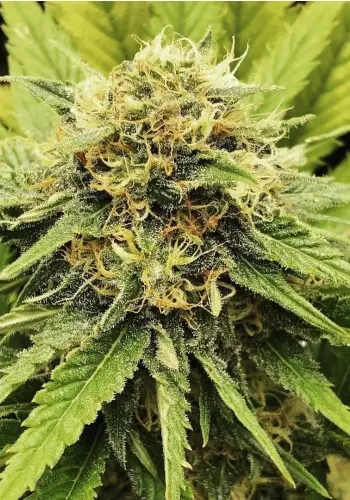Shiva Skunk Genetics
Even before this strain got its official call-sign, Shiva Skunk was already a hit with growers around the world. Created by Dutch breeder Sensi Seeds in 1987, and introduced as NL#5xSK#1, growers quickly acknowledged the favourable growing characteristics and effects of this Northern Lights #5 and Skunk #1 hybrid.
Shiva Skunk Effects
Shiva Skunk has been widely celebrated for it heavy sedative effects that immediately ease the body as well as the mind into a deeply serene state of bliss and tranquillity. Large doses, however, can send even the most seasoned cannaisseur to dreamland.
Shiva Skunk Terpene Profile
Shiva Skunk compliments it parents’ typical pungent skunky bouquet of earthy aromas with the fruity sweetness of berries.
Medical Benefits Shiva Skunk
Medicinal users commonly refer to Shiva Skunk as their go-to strain to combat chronic pain, headaches and glaucoma. It is one of the best strains to help with insomnia and symptoms of chronic depression, as well as the loss of appetite.
How to Grow Shiva Skunk
This stocky little plant won’t show the full extent of how thick and dense its buds can become until late in the flowering period. So, don’t despair if the flowers look a bit poor in the beginning. Shiva Skunk yields the best result if grown with a hydroponic system or sea of green (SOG) environment. Since this strain is used to a warmer, Mediterranean climate, it doesn’t do well in mid and northern European regions.

